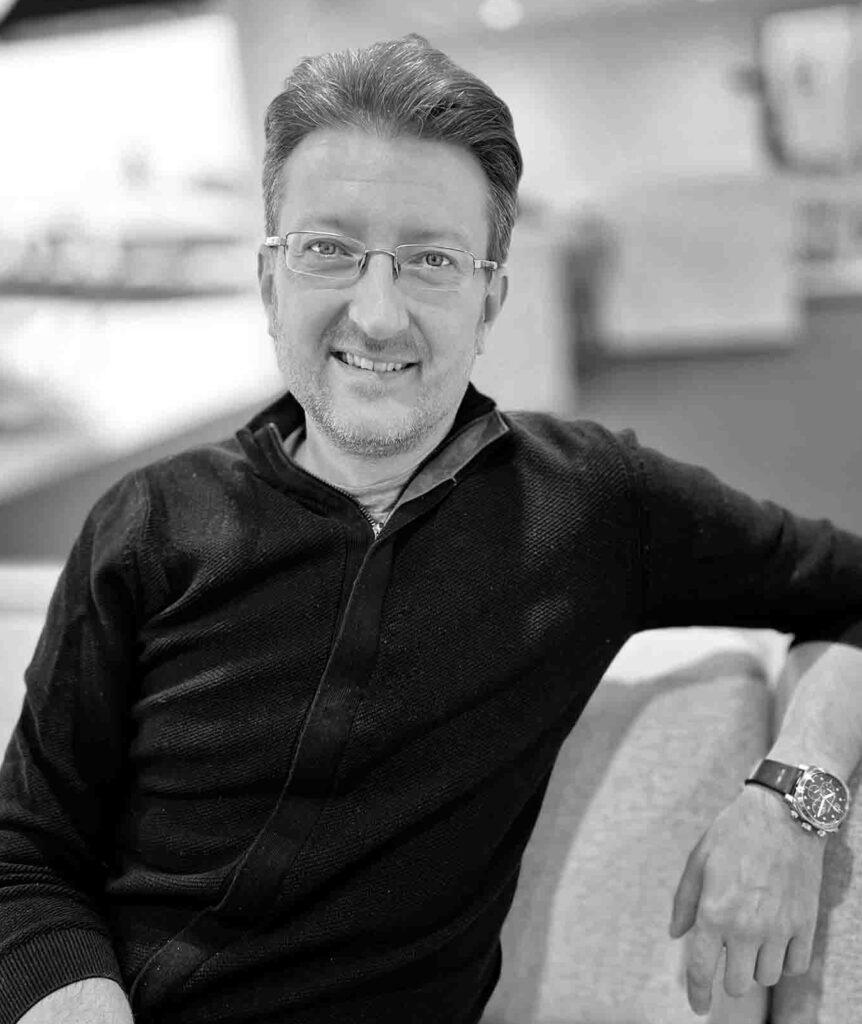From Brussels to Berlin, Europe’s liberal parties are struggling to define their role in an increasingly fragmented political landscape. Once the kingmakers of the European Parliament, they now find themselves relegated to the fifth-largest group, unable to balance left and right as they once did.
Author: Szilárd Szélpál
In a conversation with Philip Hansen, a veteran of European politics and currently with Japan Tobacco International, the diagnosis is clear: liberalism has lost touch with the everyday concerns of voters. “Ten years ago, Europe had five to seven liberal prime ministers sitting at the European Council,” Hansen recalls. “Now, classic liberal parties are organisationally weaker, out of sync with voters, and have failed to provide convincing answers on the economy, migration, or inflation.”

The French Dominance and the Renew Experiment
The transformation of the ALDE group into Renew Europe—heavily influenced by France’s delegation—was intended to revitalise liberal politics at the EU level. Instead, it revealed deep fractures. Traditional liberal parties, often from smaller countries, rooted in classical values, found themselves sidelined by a heterogenous French bloc without a coherent strategy. “The French assertiveness is real,” Hansen notes, “but it left the classic liberal caucus too weak to counterbalance.”
The result has been a loss of political leverage. Where liberals once acted as swing-vote arbiters, they now face marginalisation, both in Brussels and at home.
Out of Touch with Voters
Liberal parties, Hansen argues, are often seen as technocratic—too focused on detailed policy manifestos and too reluctant to engage directly with citizens. “Liberals have to learn from populist movements,” he says. “It’s not enough to appeal to the rational brain. You have to speak to the heart.”
Campaign weaknesses are evident across Central and Eastern Europe, where liberal parties often capture early momentum but fail to build sustainable organisational structures beyond capital cities. In Germany, Hansen is blunt: “We are not good campaigners. We talk among ourselves in the liberal bubble instead of knocking on doors.”
Freedom as the Liberal USP
Despite these weaknesses, Hansen insists that liberalism retains a unique selling proposition: it is the only political family that stands firmly on two pillars—economic freedom through open markets, and individual freedom through civil liberties. The problem is not the absence of ideas but the inability to translate them into resonant narratives.
For Hansen, the lesson is simple: liberals must campaign equally on both pillars, and do so in a way that connects to voters’ daily realities. The fight for LGBT rights and the rule of law is essential, but cannot come at the expense of addressing inflation, wages, or migration. “As long as you ignore the pressing problems that dominate every voter’s mind, you will be sidelined,” he warns.
Exclusion from Policy Dialogue
The challenge for liberalism is not only electoral. Hansen also highlights a broader political climate in which industry voices—especially controversial sectors like tobacco—are increasingly excluded from policymaking. “Transparency in lobbying is welcome,” he argues, “but exclusion fuels distrust and conspiracy. Dialogue must remain open, even with difficult partners.”
The Road Ahead
Europe’s liberals face a paradox: their values—freedom of choice, free markets, civil liberties—are as relevant as ever, but their political voice is fading. Unless they reconnect with voters on bread-and-butter issues, rebuild grassroots structures, and sharpen their narratives, they risk further decline.
“Liberals are the only political family that truly champions freedom in all its dimensions,” Hansen concludes. “But freedom must be defended in the streets, not just in policy papers.”
Podcast episode available at: CEA Talk – Hansen: Tobacco at the Crossroads: Policy, Politics, and Public Health – PART 1
Cover photo credit: Markus Winkler from Pixabay

Szilárd Szélpál served as an environmental expert in the European Parliament from 2014, where he utilized his expertise to influence policy-making and promote sustainable practices across Europe. In addition to his environmental work, Szilárd has a deep understanding of foreign affairs, offering strategic advice and contributing to the development of policy initiatives in this field.



